- Free Next Day Delivery Available
- Buy today and exchange until 2026
- 3 Year Warranty
- Proudly Employee Owned
Drum Microphones
1-14 of 14 productsFilter
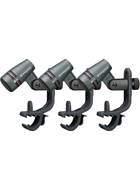
Sennheiser E604 3 Pack
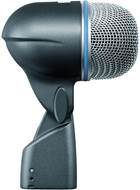
Shure Beta 52A
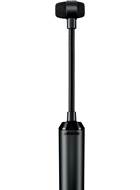
Shure PGA98D-XLR
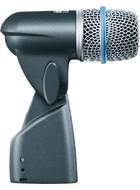
Shure Beta 56A
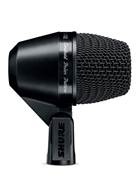
Shure PGA52-XLR
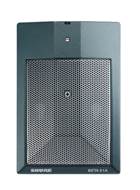
Shure Beta 91A
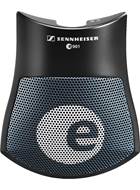
Sennheiser E901 Microphone
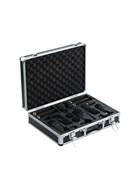
Ordo M-DMS7 Drum Microphone Kit
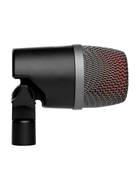
SE Electronics V Kick Dynamic Instrument Mic
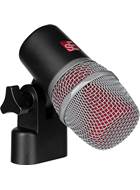
SE Electronics V Beat
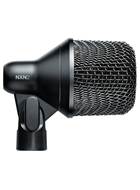
Shure Nexadyne 2 Supercardioid Dynamic Kick Drum Microphone
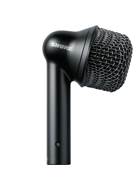
Shure Nexadyne 6 Supercardioid Dynamic Tom/Snare Microphone
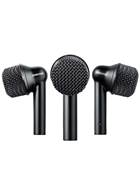
Shure Nexadyne 6 Supercardioid Dynamic Tom/Snare Microphone 3-Pack
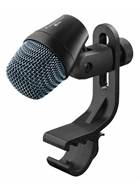
Sennheiser E904 Drum Tom Microphone
About Drum Microphones
Drum Microphones are an integral part of any live setting or studio, and microphone knowledge can be useful for any drummer as well. With various polar patterns, and types of mics it's easy to get overwhelmed but it can be simple, and you'll find most drum microphones are designed for specific jobs. First off you have dynamic and condenser drum microphones. Dynamic microphones are generally more rugged, can handle higher sound pressure levels (volumes) and are not as focused on the high frequencies. Condenser microphones require more care, they generally don't handle pressure levels (volumes) as high as dynamic microphones and they also require phantom power from an interface. Condenser microphones do a very good job at representing the high end and thus they are usually used for detail orientated jobs such as cymbals, and ambient mics.
Drum Microphones like all other microphones also have polar patterns which can also be very simple. Starting off would be an omnidirectional mic, this will pick up sound in all directions, good for ambient or overhead use. Bi-directional or figure 8 patterns pick up sound in front and behind the mic, again this can be good for ambient, or overhead use. Cardioid mics pick up sound in front of the microphone, these types of mics are good for close micing specific drums.There are also Super Cardioid and HyperCardioid which pick up sound in front and slightly behind, with Hyper Cardioid being closest to a Bi-directional mic, these can find varying uses when micing a drum kit.
Why Do I Need a Drum Microphone?
- Drum mics reproduce the sound of your drums in high quality
- You may need more than 1 drum microphone for different purposes
- Drum mics are great for live or studio use
- You can learn what microphones work best for your kit/playing style

